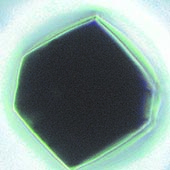
2022 News

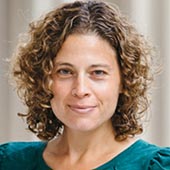
Freedman receives MacArthur Fellowship
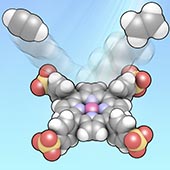
Photosynthesis-inspired process makes commodity chemicals
CBES researchers have taken inspiration from plants to revolutionize the way an important industrial chemical is made. In a first for the field, the team used light and water to convert acetylene into ethylene, a widely used, highly valuable chemical that is a key ingredient in plastics.
While this conversion typically requires high temperatures and pressures, flammable hydrogen and expensive metals to drive the reaction, the new photosynthesis-like process is much less expensive, less energy intensive and has a greater selectivity for ethylene. CBES senior investigator Emily Weiss was the corresponding author of the paper and CBES director Samuel Stupp was a coauthor.
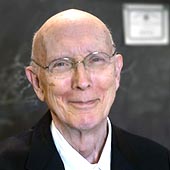
Whitesides wins Kavli Prize in Nanoscience
CBES senior investigator George Whitesides has received the 2022 Kavli Prize in Nanoscience along with Jacob Sagiv, Ralph Nuzzo and David Allara for their work on self-assembled monolayers (SAMs) on solid substrates, “which enable unprecedented control and engineering of surface properties,” according to the award committee.
“Their work transformed surface science and has led to applications shaping our daily lives in areas from medical diagnostics to semiconductor devices,” the committee wrote. Whitesides was specifically recognized “for leading the development of multiple applications and innovations of SAMs, in particular the invention of patterning of, with and using SAMs.”
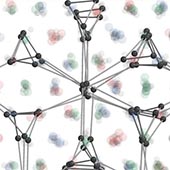
Nanostructures break away from symmetrical designs
In work led by CBES senior investigators Chad Mirkin and Sharon Glotzer, researchers demonstrated how complex crystals that mimic metals can be achieved with a new approach to guiding nanoparticle self-assembly.
Rather than just nanoparticles that serve as “atom equivalents,” the colloidal crystals produced by the team rely on even smaller particles that simulate electrons. The research yielded three complex, low-symmetry structures, including one called a triple double-gyroid that has no known natural equivalent.
